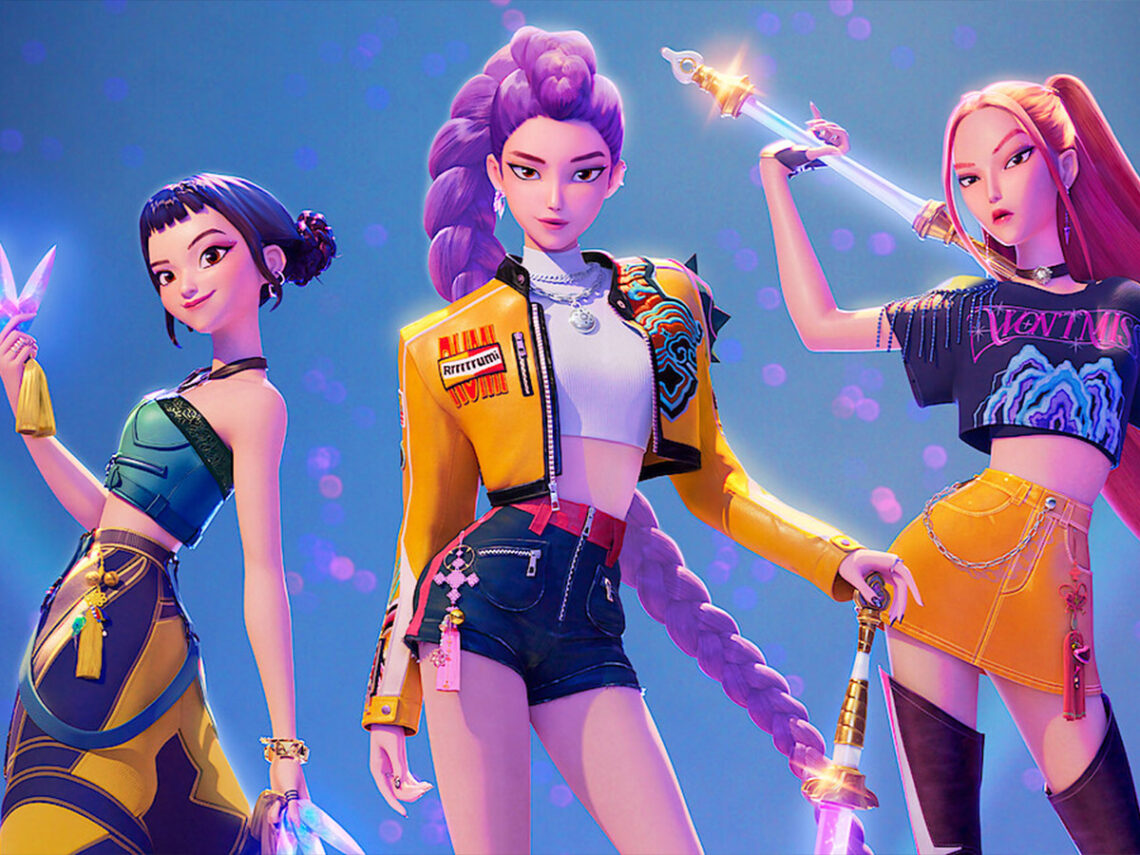
How two music worlds collided to create ‘Golden,’ ‘KPop Demon Hunters’ biggest hit
Nobody expected KPop Demon Hunters to come swinging into global charts the way it did this year. But least of all the people who actually wrote its biggest song. We are talking about ‘Golden’ here, which sure was supposed to be a moment, emotionally, but definitely not a billion-stream, Grammy-nominated anthem.
Yet here we are, with the track becoming the heartbeat of the film and practically a separate cultural wave of its own. And the funniest part? The song was born out of two completely different music traditions crashing into each other at exactly the right time.
On one side, you have EJAE, a singer-songwriter who trained for years to be a K-pop idol and knows the pressure of perfection down to muscle memory. This woman understands the difference a single syllable can make in a melody. On the other side, there’s Mark Sonnenblick, who is a musical theatre and film composer who thinks in story arcs and emotional beats. Put them in a room together, and the result could have gone in any direction, but surprisingly, it aligned into something that clicked instantly.
Their sessions apparently looked like a creative tug-of-war in the best way. EJAE was chasing the perfect hook while Mark was chasing the emotional truth, and both of them were pushing the song back and forth. But then they suddenly realised that it belonged to the film’s characters as much as to them.
She would bring a melody she believed Rumi, our demon-slaying idol, would actually sing, and Mark would pull the lines back toward the story, grounding it in the character’s inner conflict.
And then came the chaos moment. One day, EJAE was getting into a taxi on the way to the dentist, listening to the track for the first time, and accidentally letting the melody fall out of her. Not in a studio. Not in a writing session. In a cab, with a dental appointment waiting. She brought it to Mark; they stitched it together, and suddenly they knew they had something strong enough to stand tall even without production behind it.
A detail that people underestimate is the bilingual writing. Mixing English and Korean isn’t just aesthetic, but it requires precision, especially for a melody that leans so heavily on emotional phrasing. EJAE’s bilingual background ended up being the secret weapon. She understood the nuance of when a line sings better in Korean, when English hits harder, and how to switch without breaking the song’s emotional rhythm.
What really makes “Golden” land with people is that it feels bigger than the movie. It is a song about the pressure, making mistakes, and trying to grow into yourself, even when everyone expects you to be perfect.
Directors Maggie Kang and Chris Appelhans guided which sections carried which language, but EJAE made the transitions feel natural, not forced at all. And that collision? That’s what made “Golden” more than a soundtrack moment. It made it a phenomenon.